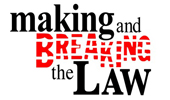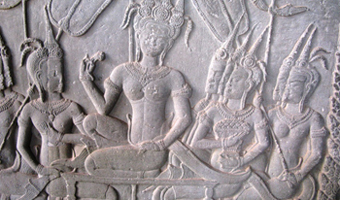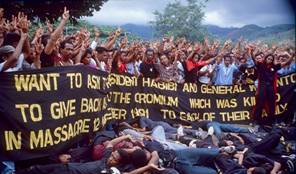The Anthropology of International Justice Series is calling for participants in a student panel on April 3 on “Imagining International Justice.”
 Organizers are seeking students who have conducted fieldwork, done research, or are generally interested in international justice. Presentations about post-conflict, memorialization, and violence and peace studies are highly encouraged. Questions relating to those themes will be posed by a moderator, and a Q&A session will follow the panel.
Organizers are seeking students who have conducted fieldwork, done research, or are generally interested in international justice. Presentations about post-conflict, memorialization, and violence and peace studies are highly encouraged. Questions relating to those themes will be posed by a moderator, and a Q&A session will follow the panel.
The OHIO Student Panel: Imagining International Justice is April 3, from 4:30 to 6:30 p.m. in Baker Center 231.
This spring lecture series is sponsored by three student organizations, in collaboration with the Anthropology program and the Center for Law, Justice & Culture. The student organizations are the Anthropology Club,
STAND Against Genocide, and Students for Law, Justice & Culture. The series is associated with the Making & Breaking the Law theme.
This panel will examine how various communities of people imagine the meanings, possibilities, and complications of international law and human rights in particular cultural contexts, with special attention to the politics of truth, justice, and reconciliation in divided societies. We will consider how such forms of global legal consciousness and imagination are produced, how they are claimed and contested, and how they are put into action, as they inform collective movements and mobilizations.
Panelists will make presentations of five to seven minutes, exploring the anthropology of international justice. These presentations, for example, can be about some of the questions facing countries that are emerging from periods of significant human rights violations, including how to attribute responsibility and guilt, how to deal with perpetrators, and how to provide proper redress to victims. Proposals can explore literature, memoirs, films, ethnographies, and oral histories as various modes of representing international justice in context—including international courts and tribunals, as well as truth commissions, memorialization projects, reparations programs, and other transitional mechanisms.
Please submit a short abstract (one or two short paragraphs) for a five- to seven- minute presentation to ohio.aij@gmail.com by Feb. 25. Any questions can be directed to the Anthropology of International Justice Series at ohio.aij@gmail.com.



















Comments